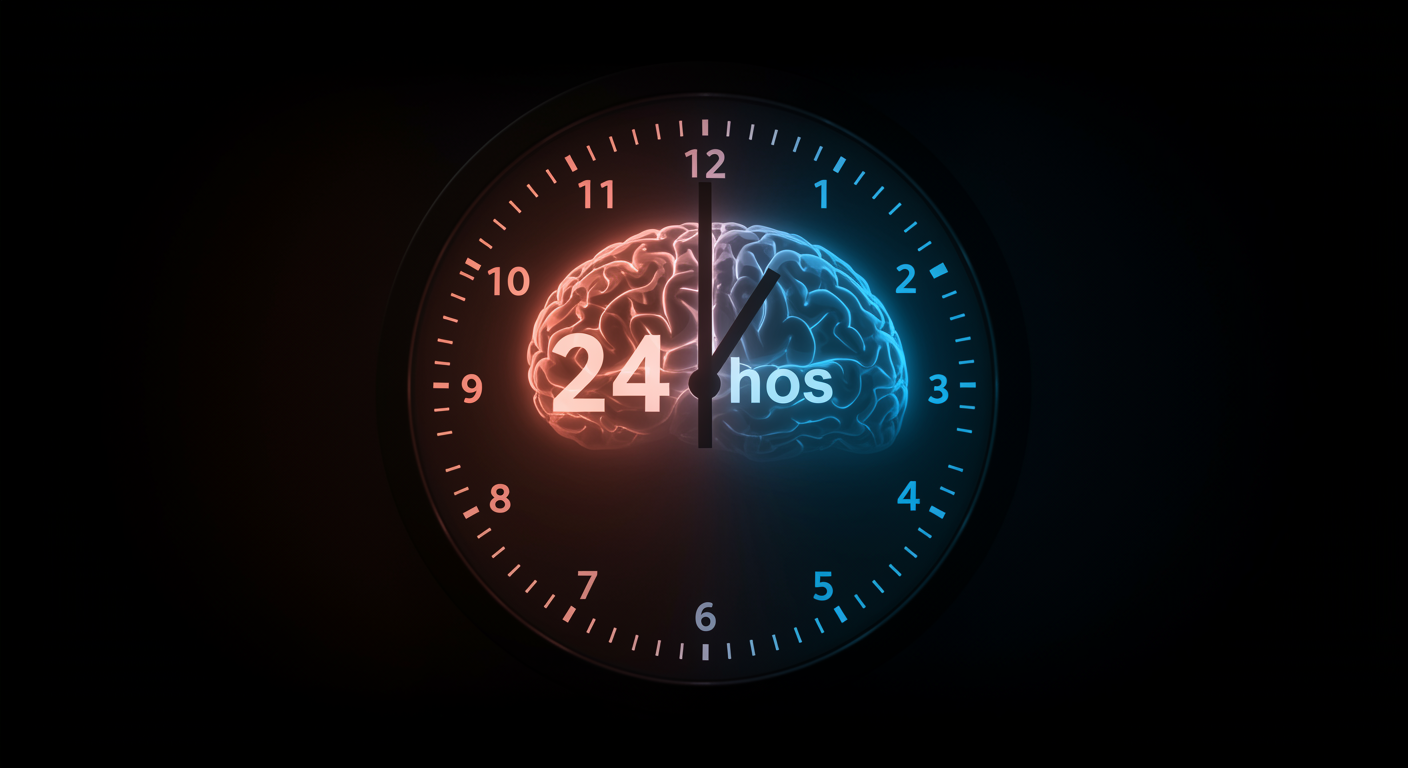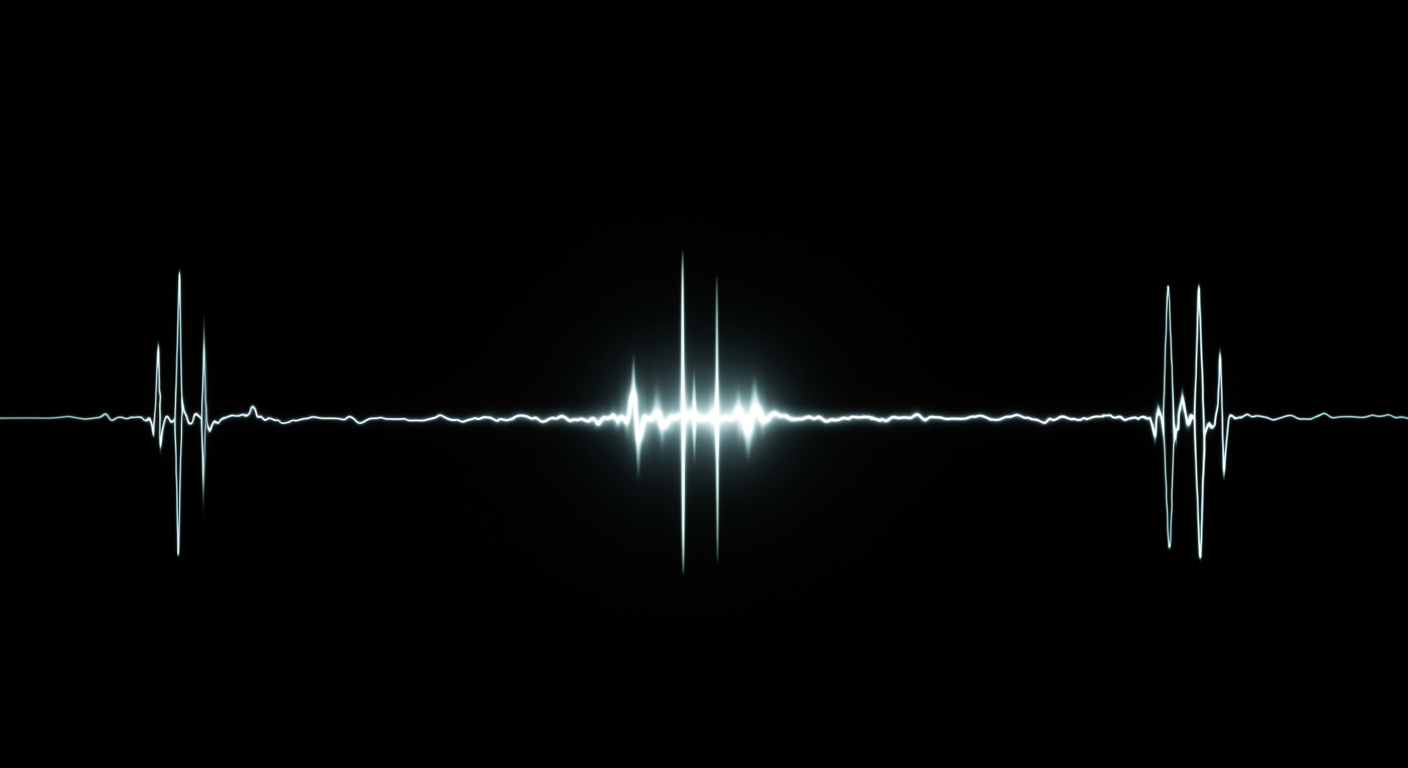Human Circadian Clock Runs 24.2 Hours: Why We Need Daily Light Reset
How Long Is the Human Internal Clock, and Why Does It Matter?
The human circadian pacemaker runs approximately 24.2 hours when isolated from external time cues, slightly longer than Earth’s 24-hour day. This precision research, conducted in controlled laboratory environments free from light and time cues, reveals why humans need daily light exposure to stay synchronized with the external world. Without this daily “reset” from bright light, our internal clocks would gradually drift later each day, explaining why maintaining proper light exposure is crucial for healthy sleep-wake cycles.


